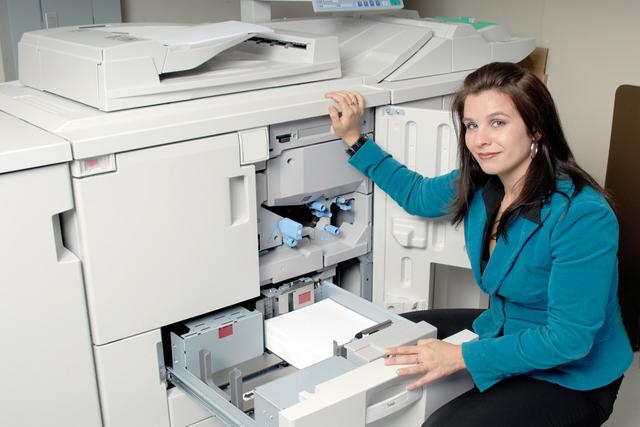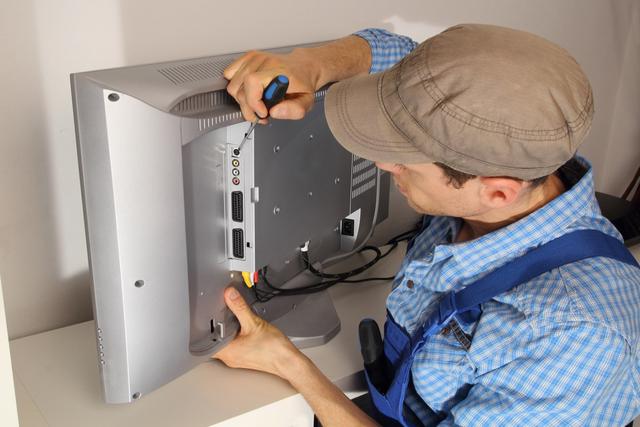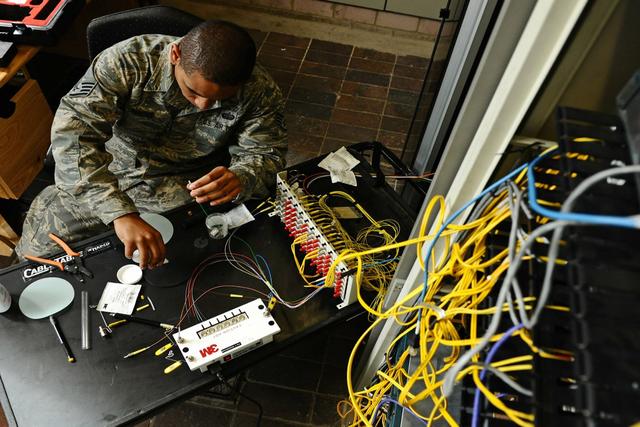Biometrics Systems Specialists
Overview

Introduction
Biometrics are distinctive physical or behavioral characteristics that are used to identify individuals. Common biometrics include fingerprints, palms, eyes, and faces. Biometric systems are a set of hardware and software that collect, process, and assess these characteristics and compare them against existing records to create a match. Biometric systems specialists design, build, and repair these systems.
Quick Facts
Median Salary
Employment Prospects
Minimum Education Level
Experience
Skills
Personality Traits
Earnings
The U.S. Department of Labor does not provide salary information for biometric systems specialists, but it does provide salary ranges for workers in related careers, including:
- electrical and electronics engineering technologists and technicians: $46,420 to $105,320+
- electrical engineers: $69,320 to $172,050+
- hardware engineers: $81,630 to $212,770+
- softw...
Work Environment
Most biometric systems specialists work a standard, 40-hour week, although some may be required to log overtime hours to meet project deadlines. Work settings for biometrics professionals range from a standard office environment (for those who specialize in software design and development) to laboratories (for those who design and build the hardware and mechanical parts of the biometric systems...
Outlook
The number of biometrics systems continues to grow, and new applications for this technology are constantly being developed. The global biometric technology market size was valued at $34.27 billion in 2022, according to Grand View Research. The data analytics and intelligence firm reports that the sector is expected to expand at a compound annual growth rate of 20.4 percent from 2023 to 2030. "...















































